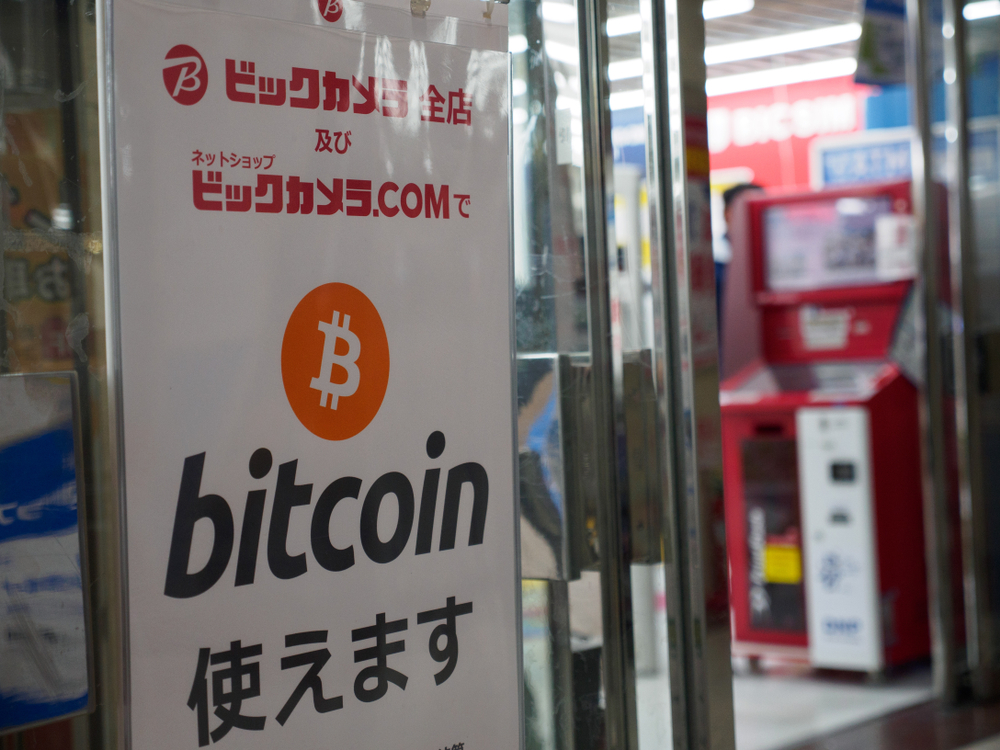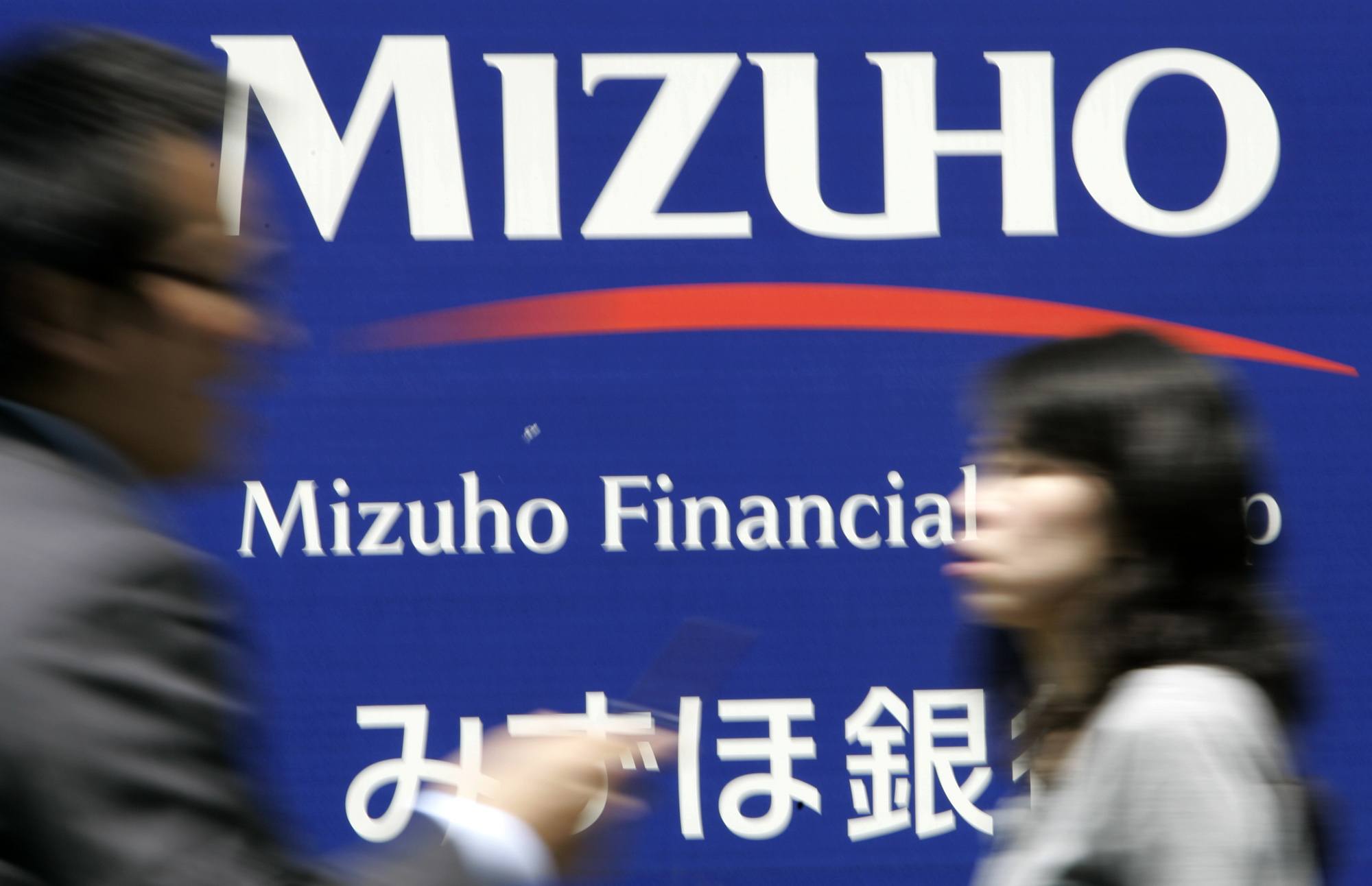Fake News: Japan’s Largest Bank isn’t Launching a Cryptocurrency

Contrary to reports, Japan's largest bank isn't launching a cryptocurrency. | Source: Shutterstock
Several crypto media outlets have reported that Japan’s Mizuho, the country’s largest bank, and dozens of others are launching a blockchain product. According to Quartz , however, these reports are false in the extreme: J-Coin has nothing to do with cryptocurrency or even blockchain in general.
J-Coin: Definitively Not a Cryptocurrency

Rather than a blockchain product, the J-Coin initiative is an effort to modernize Japan’s economy. Roughly 4 in 5 transactions in Japan happen with cash, which puts it far behind the rest of the world in terms of electronic payment adoption. In nearby China, Tencent’s WePay, a QR-code based system which integrates with the user’s bank account and allows them to instantly pay for goods, is very commonly used. Nothing is more common than AliPay, however, which has over 700 million users out of China’s more than 1 billion residents.
Several factors contribute to the low adoption rate of electronic payments in Japan. First off, negative and low interest rates have likely encouraged the Japanese to hoard their cash. Secondly, the country has one of the lowest crime rates in the world – people are more comfortable carrying around cash. Lastly, the Japanese population is older than most – only Monaco has a higher median age than Japan’s 47 . Digital payments and smartphones are more popular among younger people.
Just an Effort to Instigate Electronic Payments

The government of Japan has an interest in modernizing the economy in preparation for the summer Olympics happening in Tokyo next year. They’re pushing banks and merchants to help in this endeavor .
But a yen-based stablecoin issued by the major banks of Japan? Not happening.
As often happens in the crypto space, zealots bit onto a small piece of information and took off with it. The statements of Mizuho’s representatives to the mainstream media probably didn’t help. In one case, a bank official told CNBC that a yen-pegged digital currency platform was happening . When we think of digital currency platform, we think blockchain.
Still, the bank never said it would be launching a blockchain product or a stablecoin. It said it would be creating a digital payments network. The end result is to be J-Coin. It’s a native answer to Samsung Pay, Apple Pay, Android Pay, AliPay, WePay, or whatever pay. It’s all the same idea – traditional banks still handle the payments, and a middleman extracts a fee for the convenience.
Cryptocurrency is not always the most efficient answer to moving money. Sometimes all you need is a more responsive and immediate ledger system. Centralized coins, while they raise ire among cryptocurrency enthusiasts, certainly have their place in the space. JPM Coin’s function, for instance, is to move money internally across borders. The savings for the bank can’t be understated, and the hope is that Binance’s assessment is correct – greater interest in blockchain will result.